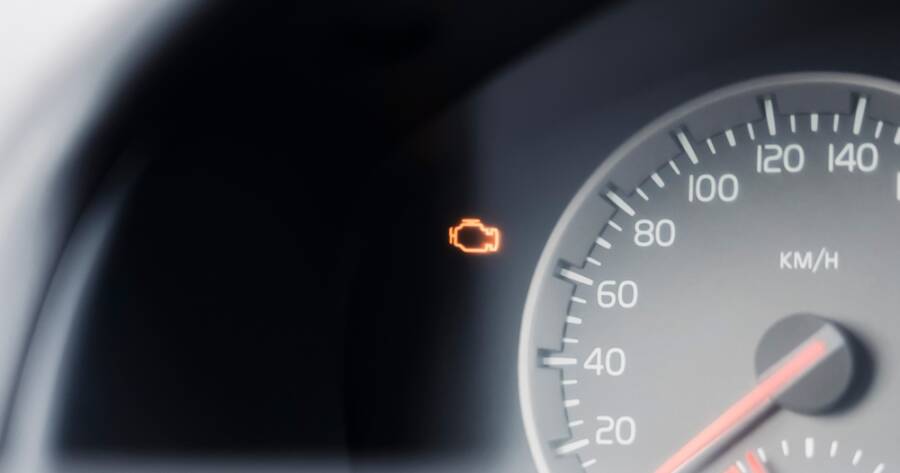Few things unsettle drivers faster than the glow of a check engine light. It can spark a wave of questions: Is the car safe to drive? Is it a quick fix or a costly repair? While the warning light doesn’t always mean disaster, it’s not something to ignore. Understanding what it means and how to respond can prevent a small issue from becoming a major headache. A proactive approach can keep you safe and protect your vehicle’s long-term health.
Know the Difference Between Solid and Flashing
Not all check engine lights carry the same urgency. A solid light usually signals a non-emergency issue, like a loose gas cap or a faulty sensor. It’s a sign that something in your vehicle’s engine or emissions system needs attention, but the car may still be drivable. While it’s not an emergency, it’s best to schedule a diagnostic check sooner rather than later.
A flashing check engine light, however, typically means something more serious—often an engine misfire that can damage the catalytic converter if ignored. If this happens while you’re driving and you notice shaking, loss of power, or strange odors, pull over safely and call for assistance. Driving with a flashing light could lead to costly damage, so it’s important to act immediately.
Check for Simple Fixes First
Before heading to a mechanic, there are a few quick checks you can make. A loose or cracked gas cap is one of the most common—and easiest to fix—triggers for the light. Make sure it’s tightened properly and drive a few miles to see if the light resets. If it doesn’t, it’s time to dig deeper.
Look for anything unusual, like a rough idle, strange smells, or reduced acceleration. These signs may indicate a more complex issue. You can also review your recent service history—occasionally, a repair shop might forget to reset the system after maintenance. When in doubt, a simple phone call to the service center could save time and worry.
Common Culprits Behind the Light
While diagnostics can uncover many causes, a few common culprits tend to trigger check engine alerts. A failing oxygen sensor, mass airflow sensor, or catalytic converter is high on the list. These components affect everything from fuel efficiency to emissions. Ignoring the problem could lead to a bigger repair bill or a failed emissions test.
The battery can also play a role. If it’s weak or malfunctioning, it can trigger the warning light due to inconsistencies in the vehicle’s electrical system. Replacing or charging the battery may resolve the issue. Even so, identifying the exact cause usually requires a diagnostic tool—something most auto shops and some auto parts stores can provide for free.
When to Visit a Repair Shop
If basic checks don’t solve the problem—or if your car’s performance is noticeably off—it’s time to see a professional. Auto repair shops have diagnostic scanners that can quickly identify the source of the warning. Once diagnosed, they’ll provide an estimate and outline the necessary repairs. Catching issues early often saves money in the long run.
Many drivers delay visiting a shop, especially if the vehicle seems fine. But unresolved issues can impact engine performance, lower fuel efficiency, or even trigger more serious problems. The sooner you confirm the cause, the sooner you can drive with confidence. For newer vehicles, prompt repair may also prevent warranty complications.
Preventing Future Check Engine Surprises
While you can’t eliminate every issue, regular maintenance goes a long way in preventing unexpected check engine lights. Follow your vehicle’s recommended service schedule, replace air filters and fluids on time, and stay alert to changes in performance. Something as simple as keeping your gas cap tight after each fill-up can prevent false alarms.
Driving habits also matter. Smooth acceleration, proper fueling, and staying current with oil changes all support engine health. Treat the check engine light as your car’s way of communicating—it doesn’t mean panic, but it does mean pay attention. A quick response can lead to a quick resolution and peace of mind on the road.

